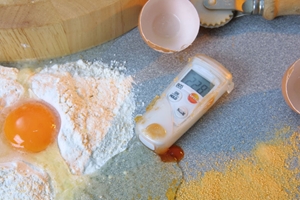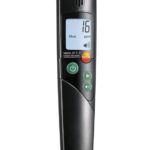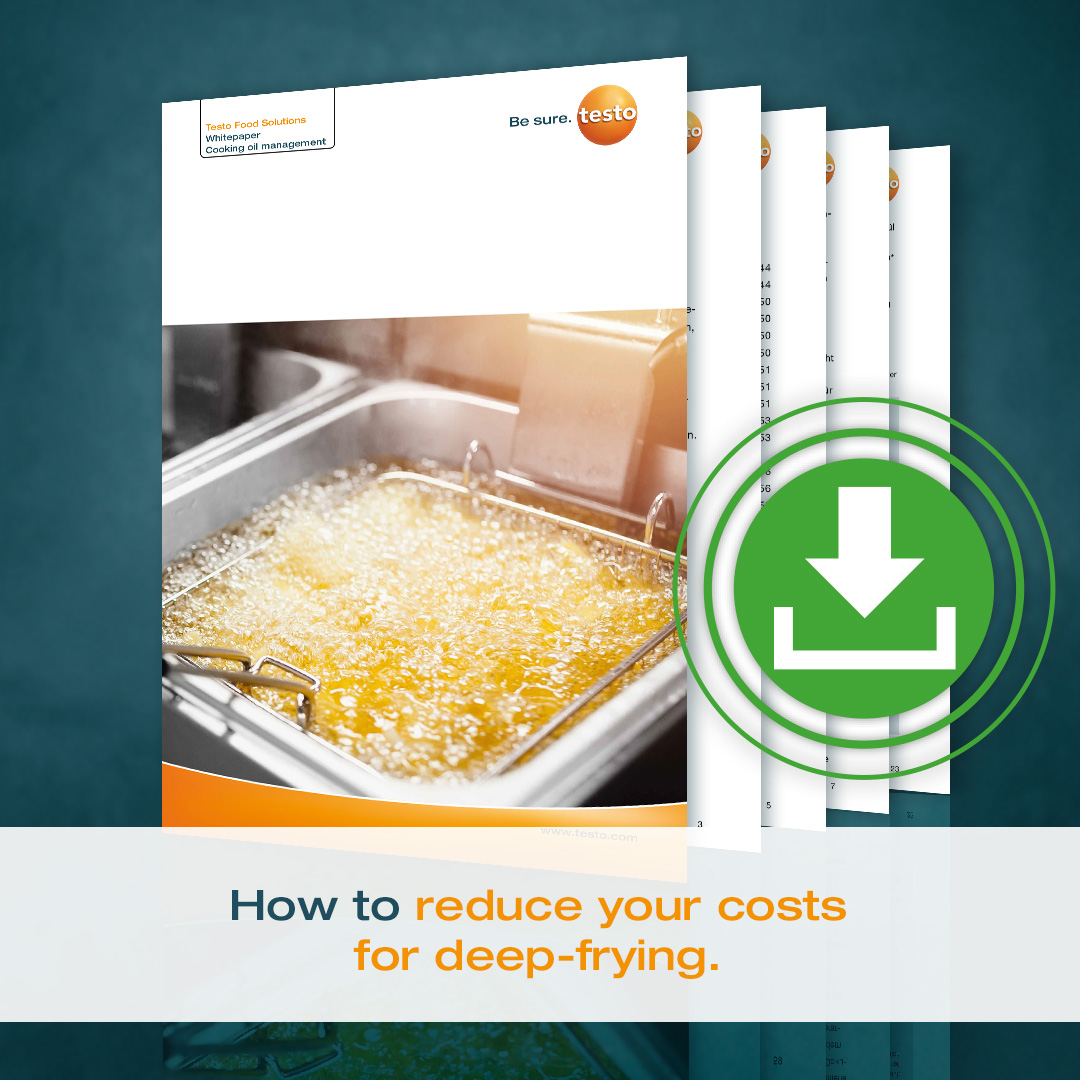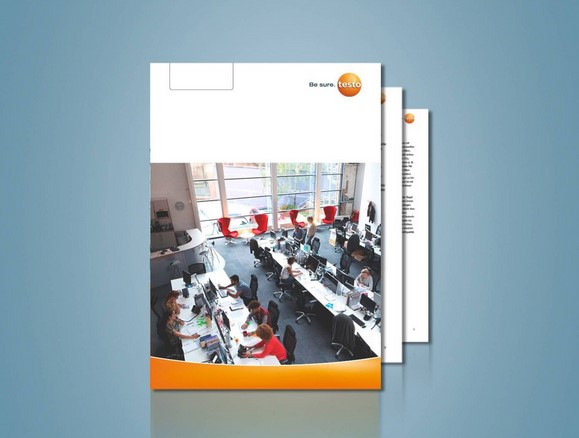Australia’s egg consumption rate is one of the highest in the world, however, any concerns over public health is likely to halt sales.
According to the Australian Egg Corporation, the major marketer of eggs in the country, this industry is very valuable to the national economy – with around 397 million dozen eggs are produced each year.
This is why it is important to note a July 31 media release by the European Food Safety Authority (EFSA). The authority believes that most retailers and consumers are increasing Salmonella risks by extending the storage and eating time past the sell-by date.
It was also noted that the food industry needs to remember basic egg storage safety.
The sell-by date laws are different across the globe, but in many countries this is the last date that shops are supposed to display eggs on shelves.
What are the risks by not respecting sell-by dates?
EFSA research indicates that eating or selling eggs seven days after the sell-by dates increases the risk of infection by 40 per cent for uncooked eggs and 50 per cent for slightly cooked eggs.
Chair of the Biological Hazards Panel, John Griffin, said eggs are one of the most dangerous foods if not kept in optimum environments.
“If Salmonella is present inside eggs, it can multiply more rapidly as the temperature and storage time rise. However, thoroughly cooking eggs reduces the risk of infection,” he said.
The EFSA suggested that the only way to decrease the risk of infections and health risk from eggs is to keep them refrigerated at low temperatures. This is particularly important for catering businesses that usually buy straight from wholesalers bypassing mainstream supermarkets.
To ensure eggs are kept at the right temperature, food industry workers should have gauges on hand both in-store and during transport.
One device that can be used is the testo 805 Mini IR Thermometer. This tool can fit in any jacket pocket and is perfect for incoming goods and temperature checks on supermarket shelves.









 Reduce cooking oil costs while ensuring quality
Reduce cooking oil costs while ensuring quality Expert knowledge on CO2 monitoring
Expert knowledge on CO2 monitoring Refrigeration knowledge - in 3 modules
Refrigeration knowledge - in 3 modules



